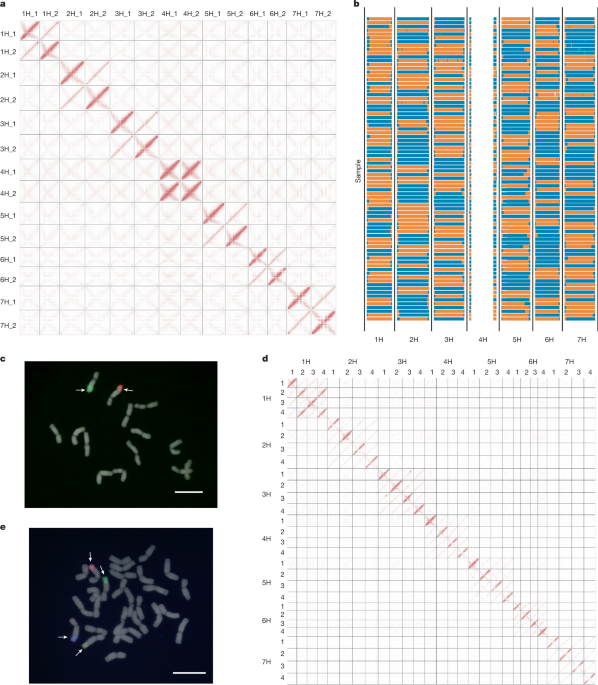
"Wild relatives of cultivated plants are vital for increasing genetic diversity in crops, offering key avenues for improvements through introgression lines derived from crop-wild crosses."
"Barley, having a narrower secondary gene pool compared to wheat, faces significant challenges in utilizing wild species to improve its cultivated varieties through alien introgressions."
"Only bulbous barley effectively results in fertile progeny with domesticated barley, illustrating the complex genetics stemming from their 4.5 million year divergence."
"While wild relatives provide useful disease resistance traits, the transfer often carries detrimental yield penalties, necessitating careful selection and characterization by breeders."
Wild relatives of cultivated plants are crucial for genetic diversity, particularly through introgression lines derived from crop-wild hybrids. Barley encounters greater challenges than wheat in transferring genes from its narrower secondary gene pool, where only bulbous barley produces fertile offspring. These wild species have diverged significantly in genetics over millions of years. While introgressions can introduce beneficial traits like disease resistance, they may also carry yield penalties, prompting the need for meticulous selection using molecular markers to ensure successful breeding outcomes. Pangenomes are increasingly important in tracking genomic variations for these efforts.
Read at Nature
Unable to calculate read time
Collection
[
|
...
]